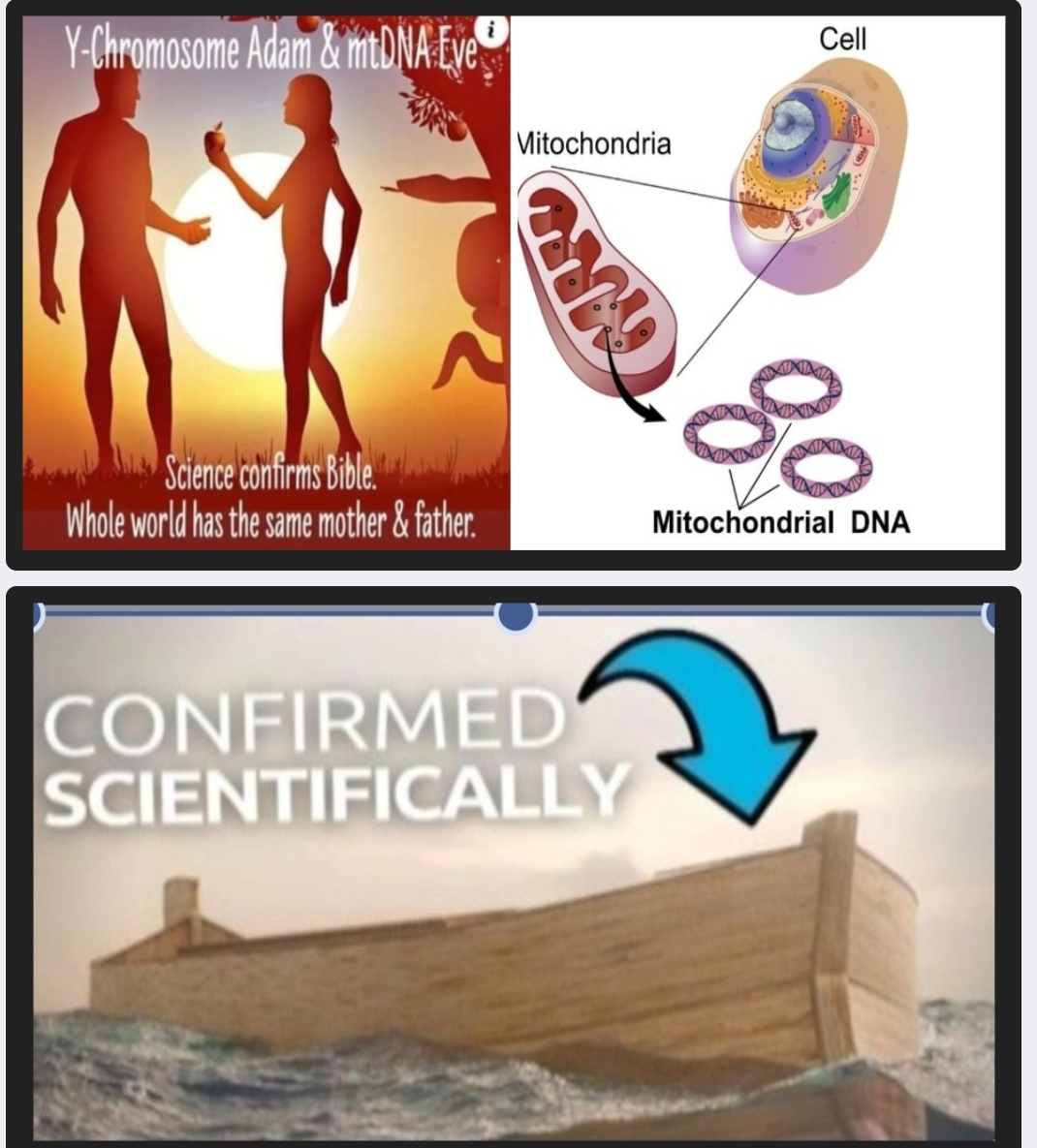How microbes ‘jeopardize’ the modern synthesis"
The article "What is mutation? A chapter in the series: How microbes ‘jeopardize’ the modern synthesis" by Susan M. Rosenberg discusses the role of mutation in evolution and how our understanding of mutation has changed in recent years.
Traditionally, mutations were thought to be random events that occurred with no regard to the environment. However, recent research has shown that mutations can be regulated by environmental factors, such as stress. For example, some bacteria can increase their mutation rate when they are exposed to toxins or other harmful substances. This suggests that mutations may not be as random as previously thought, and that they may play a more active role in evolution.
The article also discusses the non-random nature of mutations. Mutations do not occur evenly throughout the genome, but instead tend to cluster in certain regions. This suggests that mutations may be more likely to occur in genes that are important for adaptation.
The findings of this article challenge some of the core assumptions of the modern synthesis of evolution. The modern synthesis views evolution as a gradual process driven by random mutations and natural selection. However, the findings of this article suggest that mutations may not be as random as previously thought, and that they may play a more active role in evolution.
The article concludes by discussing the implications of these findings for our understanding of evolution. The author argues that the traditional view of evolution as a gradual process driven by random mutations may be too simplistic. Instead, the author suggests that evolution may be a more complex process that involves a combination of random and directed mutations, as well as other factors such as gene flow and recombination.
The article "What is mutation? A chapter in the series: How microbes ‘jeopardize’ the modern synthesis" provides a valuable overview of the latest research on mutation and its role in evolution. The findings of this article challenge some of the core assumptions of the modern synthesis, and suggest that our understanding of evolution may need to be revised.
Here are some of the key takeaways from the article:
Mutations are not random events. They can be regulated by environmental factors, and they tend to cluster in certain regions of the genome.
Mutations may play a more active role in evolution than previously thought. They may not be simply random changes that are then acted upon by natural selection.
The traditional view of evolution as a gradual process driven by random mutations may be too simplistic. Evolution may be a more complex process that involves a combination of random and directed mutations, as well as other factors such as gene flow and recombination.
The article is a valuable resource for anyone who wants to learn more about the role of mutation in evolution. It is also a thought-provoking read that challenges some of the core assumptions of the modern synthesis.




Comments
Post a Comment